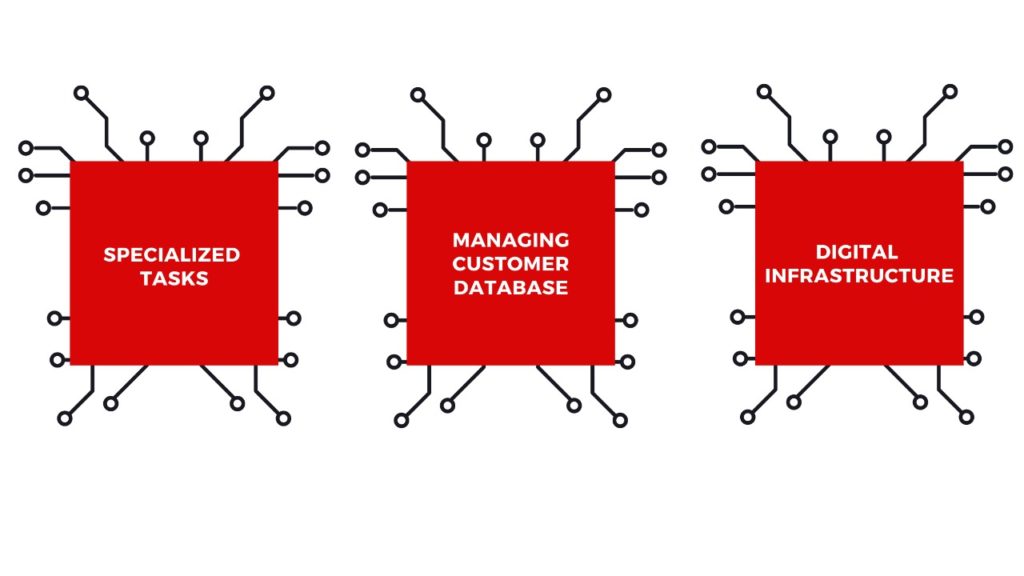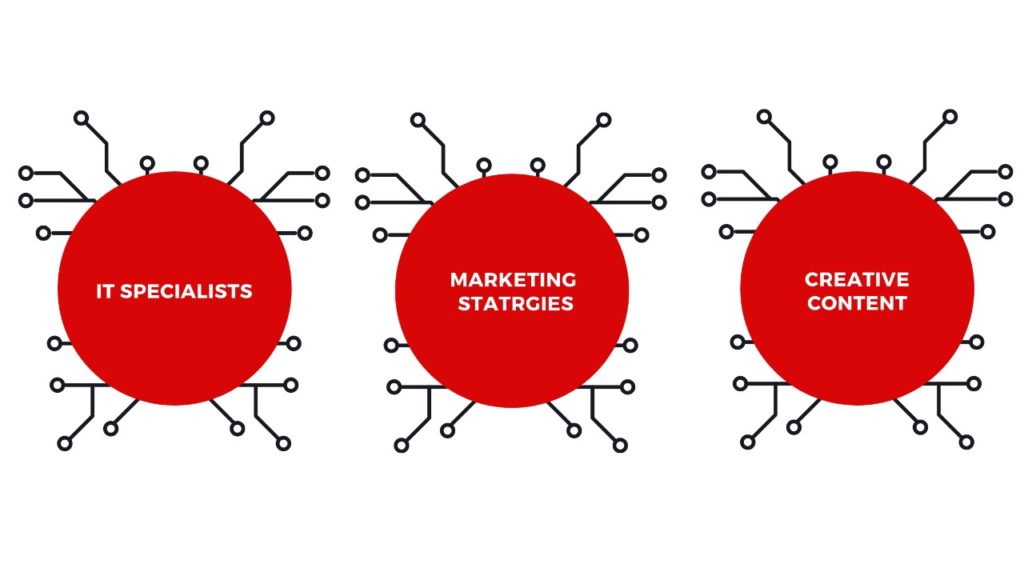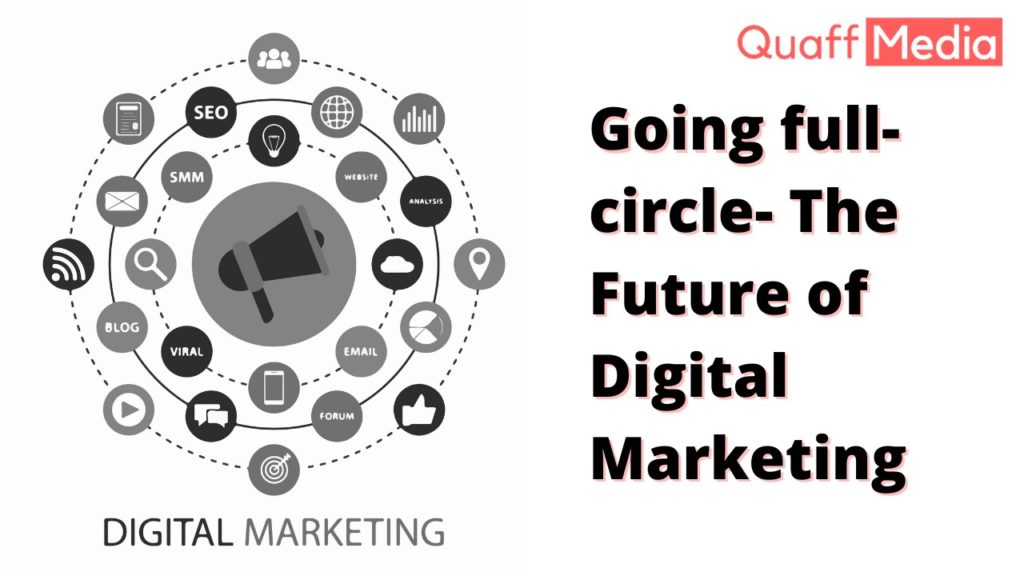Around 1996, a need for digital marketing was born even though we were unaware of it. Digital marketing being unfamiliar with the internet, the IT team came to the rescue and owned the digital solution.
Digital Marketing: Origins in IT

IT departments spent most of their time in specialized tasks yet inadequate preparation like coordinating internal infrastructure and managing customer databases. The first built website called Web 1.0 set up a path for a digital journey that placed information online. Similarly, email marketing came with major email clients like Outlook, Lotus Notes, and Eudora.
There was a time when email marketing was much more favored than the web as it teased the content concept. So marketers sent anything and everything with great open rates. But it was ruined by Groupon marketers. It became clear with time about what needed to do with info-dumping websites and catalog PDF-based email marketing.
The modern digital marketer

Embarking into the new decade of the millennia, the handling of the company’s digital infrastructure shifted to competent young kids, further replaced by a new generation that handled the Facebook pages.
Thanks to WordPress, the digital infrastructure became user-friendly enough, not requiring IT to join hands with marketers.
The IT specialists now only did web hosting arrangements and domain arrangements.
The social era
From 2010, social media marketing became a powerful tool that granted vast reach and broadcast platforms to brands. New job titles like Social Media Managers and Community Managers came up, and Social Specialists helped with media buying agencies and brought Performance Marketing teams.
Digital marketing had become as broad as it was sophisticated, and soon it had become the most desirable career path for anybody whose skill set vaguely intersected with marketing, advertising, public relations, or communications.
Until 2012, the traditional marketer position transformed into being product manager due to the e-commerce rise. The evolution of content-rich services like Outbrain, Facebook, and Twitter had their art of storytelling reintroduced, and owned content hubs forced businesses to digital marketing roles evaluation. Digital marketers were required to update the website, manage social media presence, update Google AdWords copy, and write long-form blog posts, a 360-degree diverse work.
Content Marketing
Content marketing became the next big thing after joining the era of digital competition by 2015. Specialists created content that aided the business’s storytelling function and was handed data related to videos, words, and photos. The content marketing team backs up the organization’s strategic plan, business objectives, and overall marketing strategy.
Future of digital marketing
Digital marketing has become stronger with the expected leading of channel strategy and driving digital infrastructure.
The content team gives content while the performance team tests it out and analyzes the results to get it on the go. Even today, digital insights analytics and data specialists are not as known as they need to be. With produced data and digital media spending, digital needs have skyrocketed.
Being a social media marketer shows the implementation of conversion pixels and produces reports to demonstrate business value.
Digital experience is more valuable, so customer-centric specialists are needed to understand customer touchpoints and get a loyal customer experience. Click To Tweet
